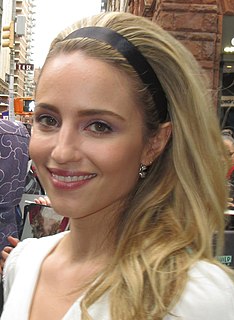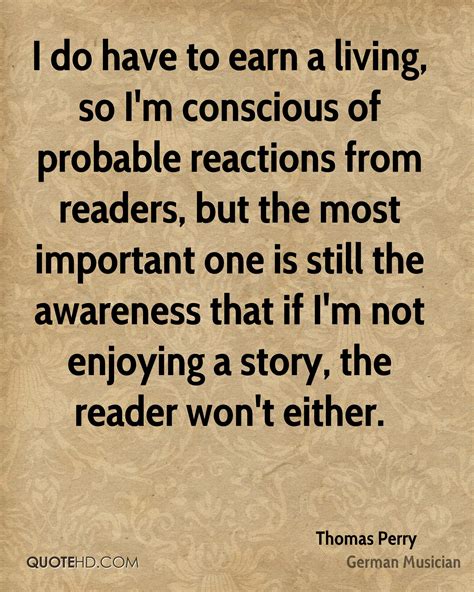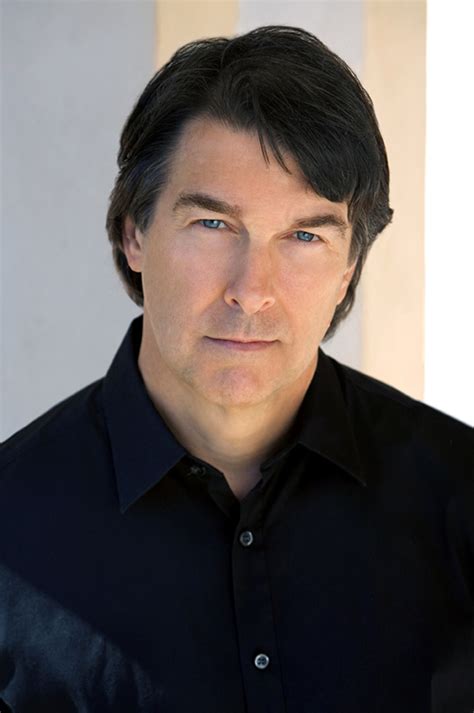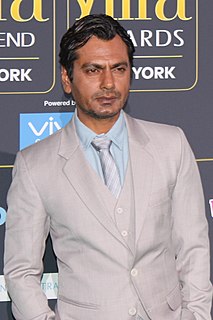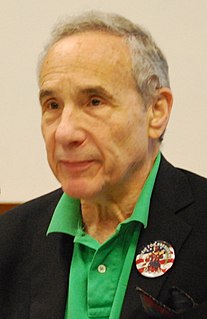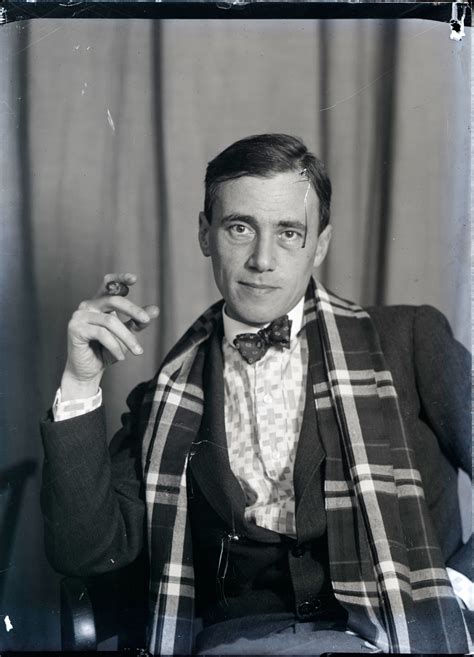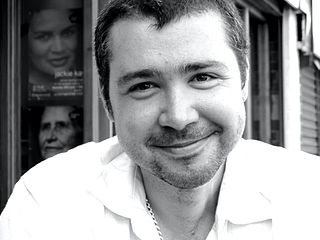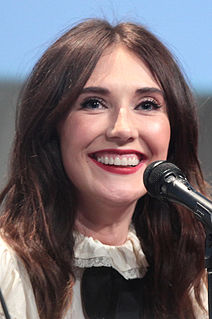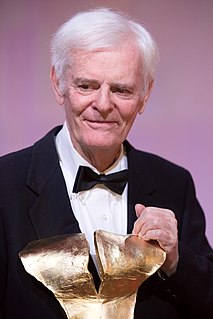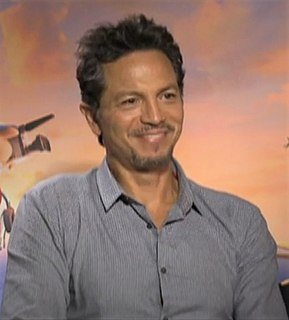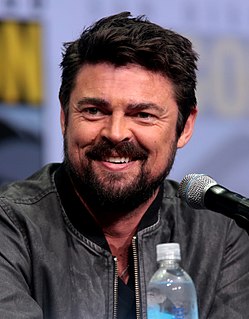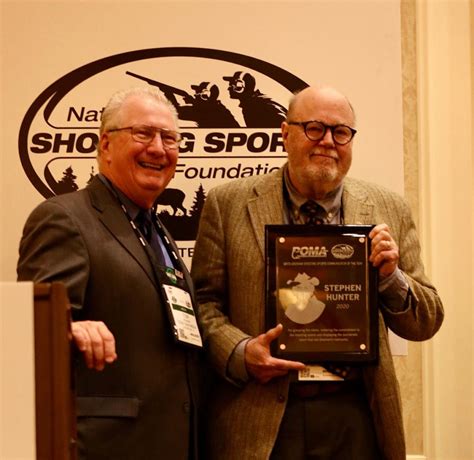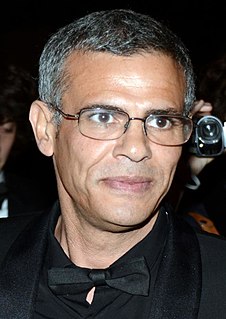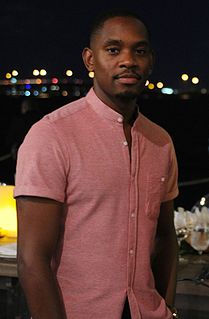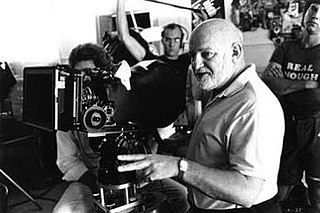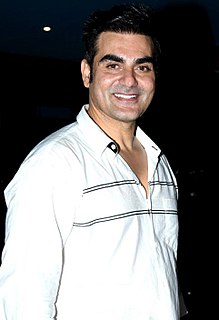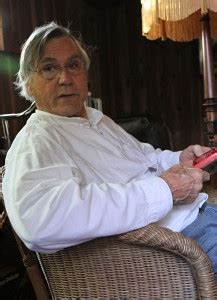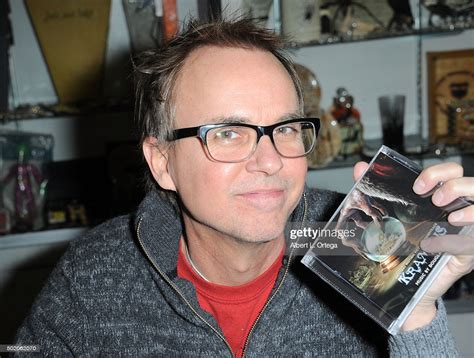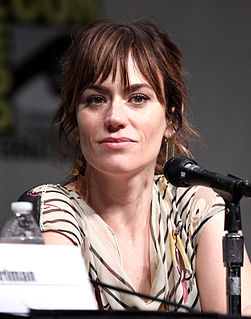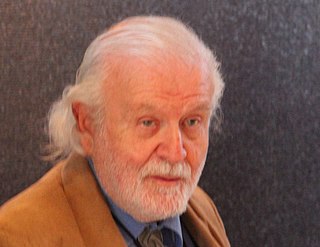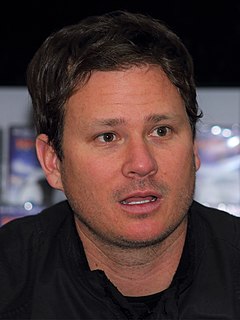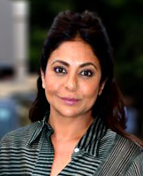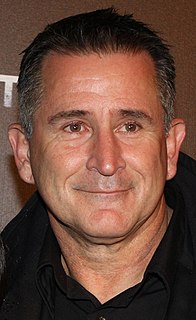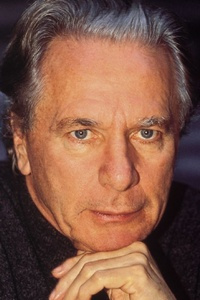Top 1200 Film Adaptations Quotes & Sayings - Page 15
Explore popular Film Adaptations quotes.
Last updated on October 27, 2024.
When I make a film, I never stop uncovering mysteries, making discoveries. When I'm writing, filming, editing, even doing promotional work, I discover new things about the film, about myself, and about others. That is what I'm subconsciously looking for when shooting a film: to glimpse the enigmas of life, even if I don't resolve them, but at least to uncover them. Cinema is curiosity in the most intense meaning of the word.
The theory of natural selection is the centerpiece of The Origin of Species and of evolutionary theory. It is this theory that accounts for the adaptations of organisms, those innumerable features that so wonderfully equip them for survival and reproduction; it is this theory that accounts for the divergence of species from common ancestors and thus for the endless diversity of life. Natural selection is a simple concept, but it is perhaps the most important idea in biology.
I'm planning some films in the U.K., and it will have pros and cons. It takes a lot more time to set up a film in the U.K., because you can't rely on much. In Greece, friends show up and bring what they can and you make the film. Well, that's a bit simpler than how it really is. But when you make a film with proper industries, it takes more time to synch all these things.
I conceive of the film as a modern art form particularly interesting to the sense of sight. Painting has its own peculiar problems and specific sensations, and so has the film. But there are also problems in which the dividing line is obliterated, or where the two infringe upon each other. More especially, the cinema can fulfill certain promises made by the ancient arts, in the realization of which painting and film become close neighbors and work together.
My job is to make a film that can sit as a standalone piece, that if it's the only Marvel film you see, it's a great film with a great story in and of itself. The lucky thing is that there's a bunch of geniuses who run Marvel that make sure, even if it's a standalone piece, that it's part of a great big jigsaw puzzle that could be appreciated as a whole as well.
This film [ Blue is the Warmest Color] actually is the result of me talking with my producer Vincent [Maraval]. I gave him a bunch of ideas and then Vincent helped guide me and develop this particular film. I enjoy that rapport to have somebody else help guide me in my choices for the next film. The poetic way of looking at it is which project is going to choose me as a director.
I was playing in a band and was approached to score an independent film. I had never done it, but had written instrumental music, so I figured I could do it. Turns out I loved scoring the film, and took on another couple films before realizing that if I was to be an effective narrative composer, I should study the craft of composition. I stopped taking projects and got a degree in orchestral music composition, and followed that with film scoring studies. Near the end of my degree studies, I started taking on student films as a way to get back into film scoring.
I am persuaded to think that any climate change is bad because of the investments and adaptations that have been made by human beings and all of the things that support human existence upon this globe. Even minor fluctuations of climate could change the distribution of fish, … upset agriculture,…and inundate costal cities…… Such changes could occur at a faster rate perhaps than human society can evolve.
Much is now being said about evangelism; but before we get effective evangelism, we have to get effective evangelists. Evangelism is useless unless it is the work of one devoted to God, willing and glad to suffer all things for God, penetrated by the attractiveness of God. New machinery, adaptations and adjustments, are not the first need... but more devoted, adoring, sacrificial souls.




